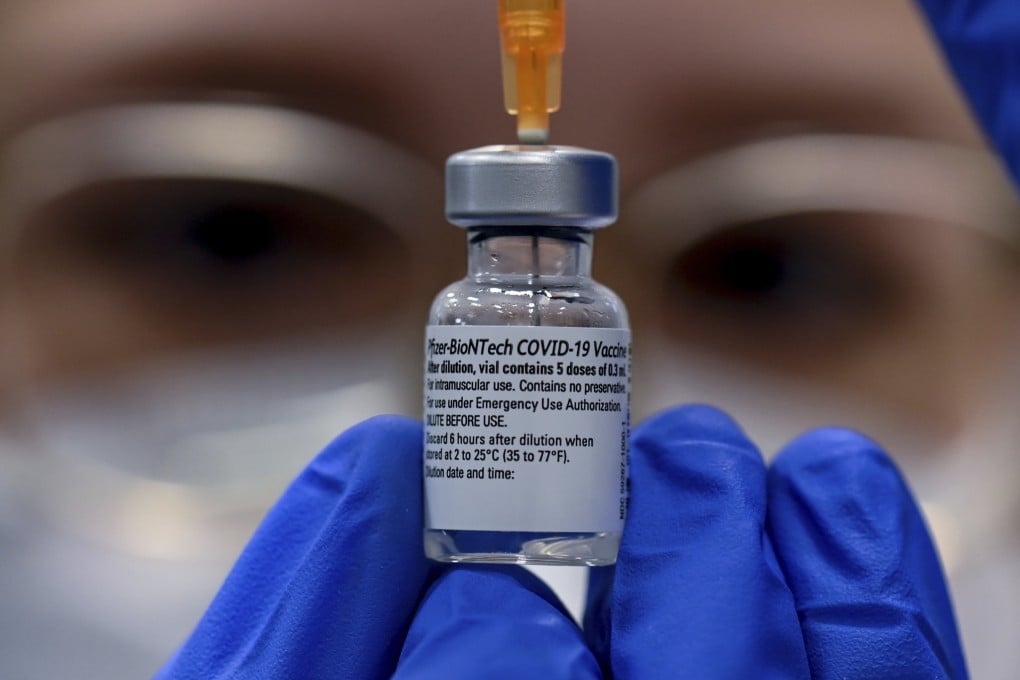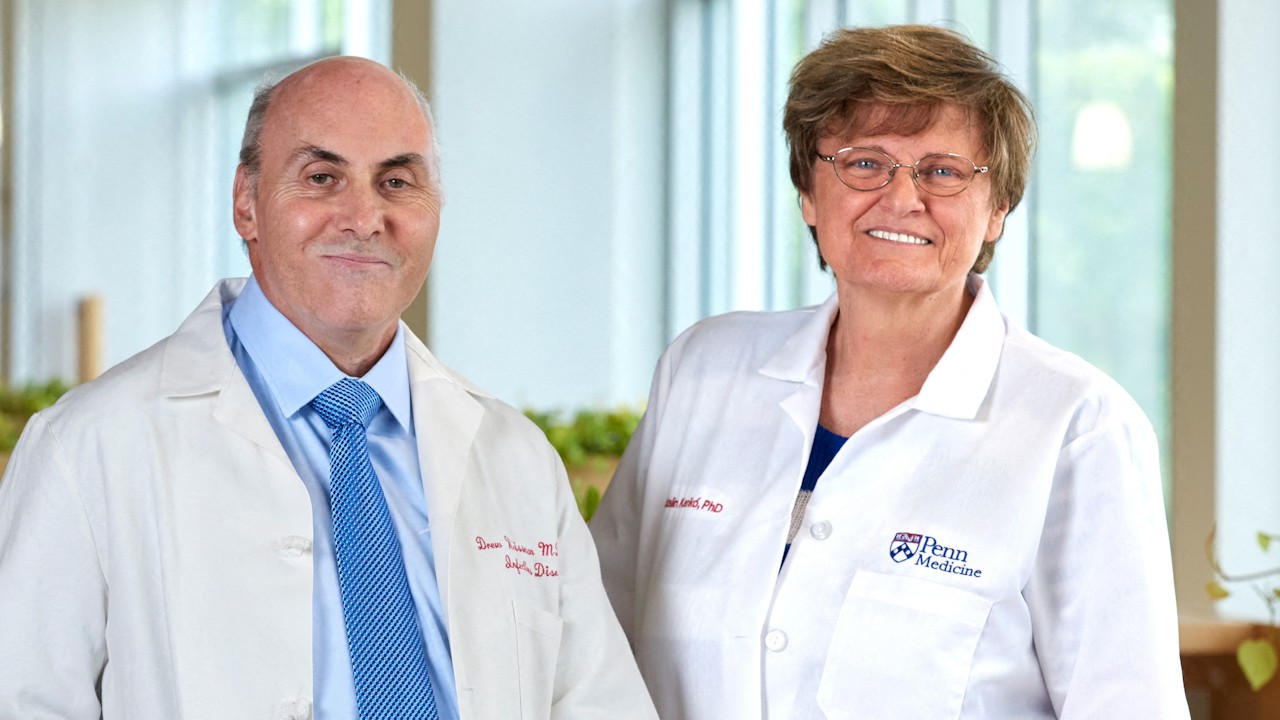Advertisement
‘We are overjoyed’: Chinese mRNA researchers celebrate Nobel win for field’s pioneers
- It will take up to a decade for China to catch up with global developments in the technology, which is the foundation of Covid-19 vaccines, scientist says
- Key areas for improvement are storage, side effects and shelf life
Reading Time:4 minutes
Why you can trust SCMP
27

Chinese scientists working on mRNA technology, the foundation of Covid-19 vaccines, are hopeful of a boost to their field following a Nobel Prize win for two pioneers in the area.
Hungarian-born Katalin Kariko and American Drew Weissman won the Nobel Prize for medicine this year for work that paved the way for groundbreaking vaccines against the coronavirus.
Billions of mRNA-based Pfizer/BioNTech and Moderna doses were administered and together with other Covid-19 vaccines, “saved millions of lives and prevented severe disease in many more”, the Nobel committee said.
Now the race is on in China – and around the world – to build on that work to improve the technology’s stability, extend its shelf life and make storage easier above ultra-low temperatures. Researchers are also aiming to expand applications to cancer and other diseases.
Unlike traditional vaccines that introduce a weakened or inactivated virus into the body, messenger RNA uses a molecule that teaches human cells how to make a protein, which triggers an immune response in the body by producing antibodies.
Advertisement
